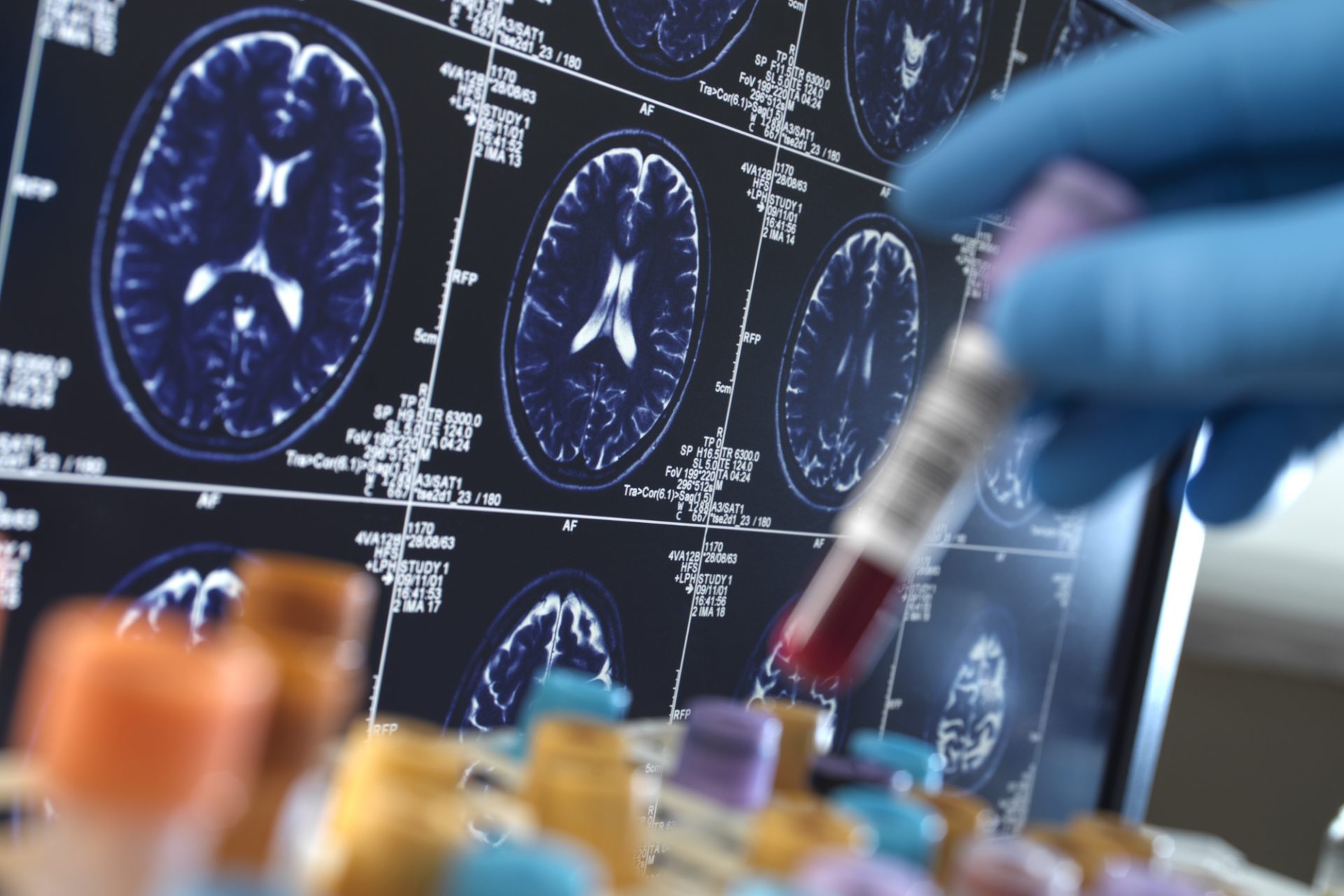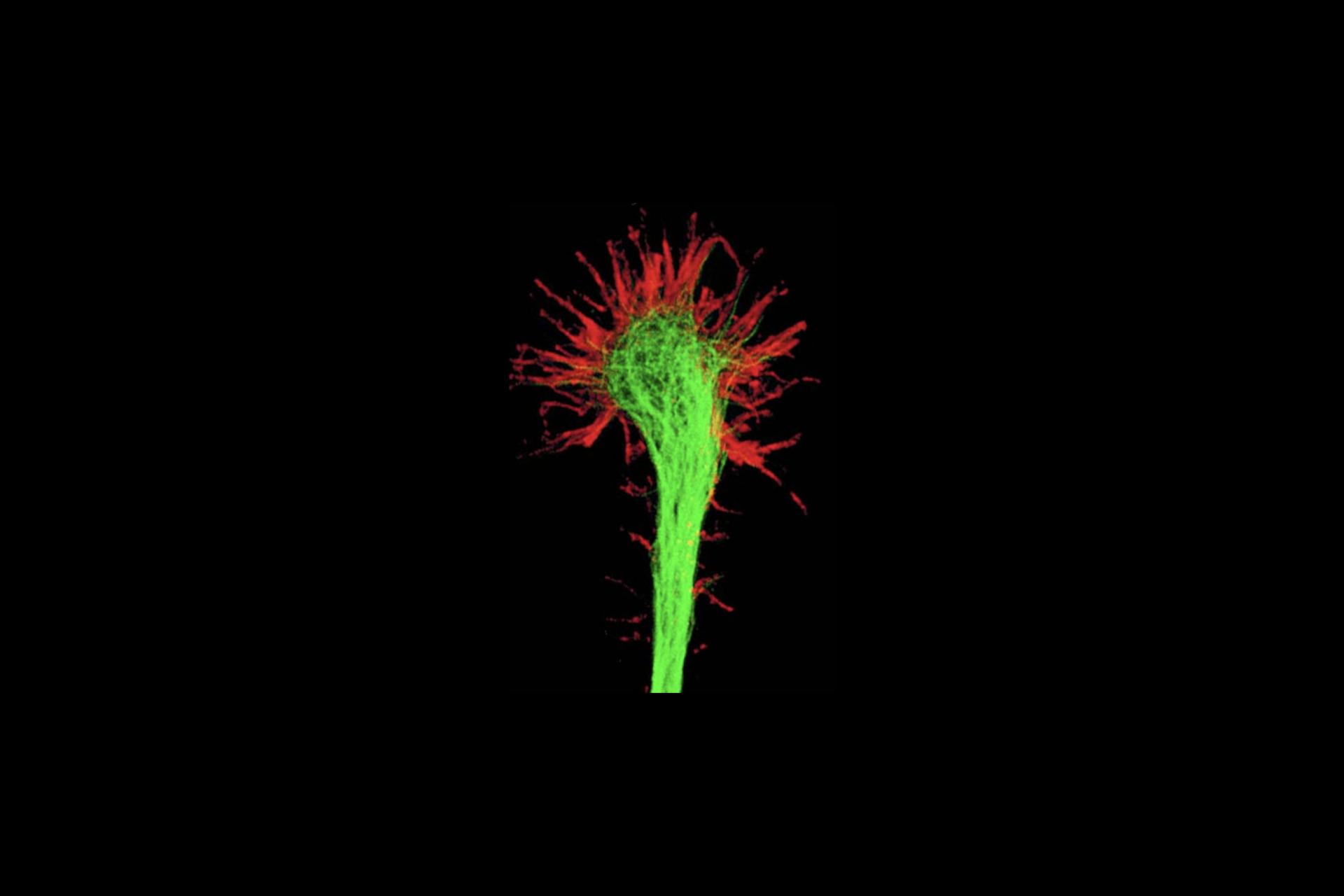How can a mushroom help you with memory problems?
Mushrooms come in all sorts of shapes and sizes but did you know that many have some amazing health benefits? Some can decrease your risk of cancer while others can even protect your immune system as you age.
UCLA Health pointed out seven health benefits that common types of mushrooms can provide, and among the two already mentioned is the ability to protect brains, provide a good source of vitamin D, lower your cholesterol and sodium levels, and even help stimulate health gut bacteria.
Science is uncovering the amazing power of the humble mushroom as researchers look at what they can do for humanity. However, a study published in 2023 found that one particular mushroom is very helpful if you're having memory problems.
University of Queensland’s Brain Institute professors Frederic Meunier and Dr. Ramon Martinez-Marmol discovered active compounds in lion’s mane mushrooms that can boost brain cell growth and memory. So how exactly can this help you if you're having issues? Let's take a look at the research.
“Extracts from these so-called 'lion's mane' mushrooms have been used in traditional medicine in Asian countries for centuries,” Meunier explained, “but we wanted to scientifically determine their potential effect on brain cells."
Photo by Twitter @MeunierLab
"Pre-clinical testing found the lion's mane mushroom had a significant impact on the growth of brain cells and improving memory,” Meunier continued, adding that laboratory tests had been designed to measure the neurotropic effects of isolated compounds from lion’s mane mushrooms on cultured brain cells.
To Meunier’s surprise, his team discovered that the compounds they were studying seemed to have a neuroprotective effect and promoted neuron growth and reconnection in the brain cells that they tested.
"Using super-resolution microscopy, we found the mushroom extract and its active components largely increase the size of growth cones,” Meunier said.
Photo Credit: Wiki Commons, Public Domain
Growth cones play an important role in helping brain cells understand their environment according to Meunier, and they allow cells to build new connections with the other neurons that surround them in the brain.
Dr. Ramon Martinez-Marmol said that the discovery of neuroprotective compounds in lion’s mane mushrooms could be used to help treat people suffering from all kinds of neurodegenerative diseases according to a new release from the University of Queensland.
Photo by LinkedIn @ramon-martinez-marmol
"Our idea was to identify bioactive compounds from natural sources that could reach the brain and regulate the growth of neurons, resulting in improved memory formation," Dr. Martinez-Marmol said.
A study based on Meunier and Martinez-Marmol’s work was published in the Journal of Neurochemistry and they’ve credited researchers from several South Korean universities with providing crucial help throughout the project.
The University of Queensland noted that Dr. Dee Hee Lee of Chungbuk National University was just one of the many important researchers who made major contributions to understanding the properties of the lion’s mane mushroom.
"This important research is unraveling the molecular mechanism of lion's mane mushroom compounds and their effects on brain function, particularly memory," Dr. Lee said in a statement.
Lion’s mane mushrooms, more commonly referred to in scientific circles as Hericium erinaceus, are native to most of the world’s populated regions—including North America, Europe, and Asia.
“It is commonly sought after for its unique flavor and texture, and it is also used in traditional Chinese medicine to boost the immune system and improve digestive health,” the University of Queensland's new release noted.
Dr. Kelly Johnson-Arbor, a medical toxicologist at the National Capital Poison Center urged caution when discussing Meunier and Martinez-Marmol’s findings with Medical News Today (MNT).
Photo by LinkedIn @Kelly Johnson-Arbor, MD
“If [lion’s mane] mushroom extract is found to be beneficial for human memory, additional studies will need to investigate the appropriate dose and length of treatment needed to result in beneficial clinical effects in humans,” Johnson-Arbor told MNT’s Hannah Flynn.
More for you
Top Stories































